drama

In recent years, the subject of artificial intelligence in movies has become more and more prominent, perhaps because our own technology has become increasingly advanced in that direction. It may not be long before we have created our own race of conscious, intelligent beings. Until then, though, it is always fascinating to surmise about the idea.
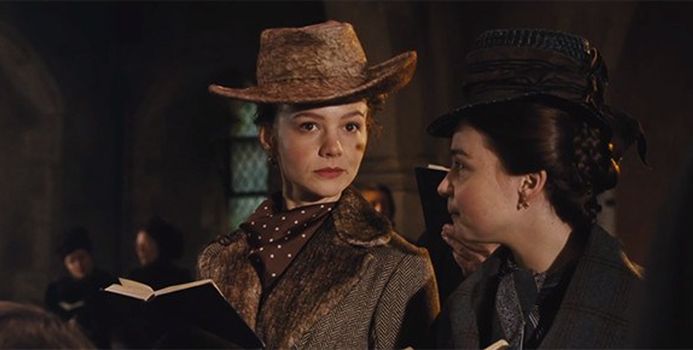
Every now and again, a movie adaptation of a novel is made by the perfect directorial fit for the source material, that helps it stay true to the original text and create a new visionary approach that helps it stand on its own two feet as a distinctive work of art. Danish director Thomas Vinterberg has had an eclectic career, yet is mainly renowned for his two emotionally fraught dramas about the devastating effects of child abuse, his 1998 debut Festen (The Celebration) and his previous feature, 2012’s magnificent The Hunt. These movies are excellent in how they don’t spare the viewer from the histrionic emotions that engulf the characters and completely ruin their lives – The Hunt, starring the always-fantastic Mads Mikkelsen as a primary school teacher wrongly accused of abusing a pupil, could easily draw comparisons with Thomas Hardy.
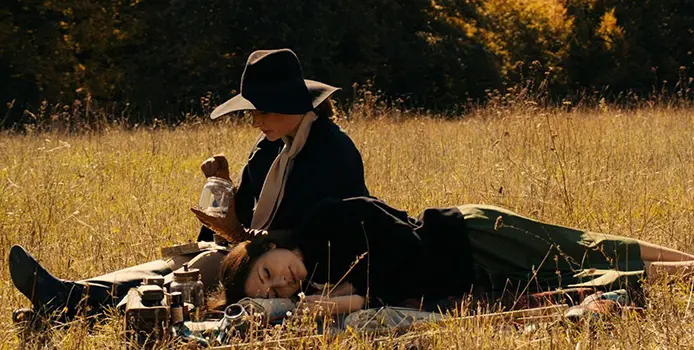
The Duke of Burgundy is that rare thing that almost every movie promises, yet fails to deliver: it is something that you’ve never seen before. It manages to say something universal about the politics and gender roles of relationships using the guise of lesbian sadomasochism, a subject I assume will be entirely alien to most viewers.
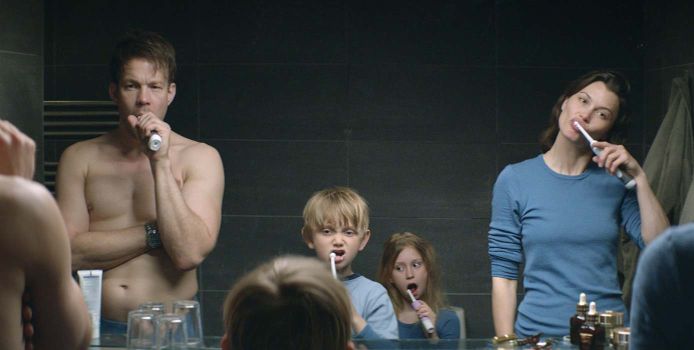
Fun relies on spontaneity. If you over-plan something, the less likely it is that people are going to have fun, because nothing will ever live up to expectations. Happiness equally relies on spontaneity and equally cannot be forced; the family in Force Majeure appear to be happy as the movie starts, yet look closely and you’ll see everything isn’t so straightforward.

Even though I may make it look like any idiot can do it, writing reviews is far from easy. The hardest things to review aren’t the plot-heavy science fiction movies or the obscure art house efforts with impenetrable plots like you would imagine – the most difficult movies to review are the films that are just plain boring. I watched Child 44 two days ago, where I made up 100% of the audience for that screening – in the two days since, I have found myself struggling to remember quite a lot of it.
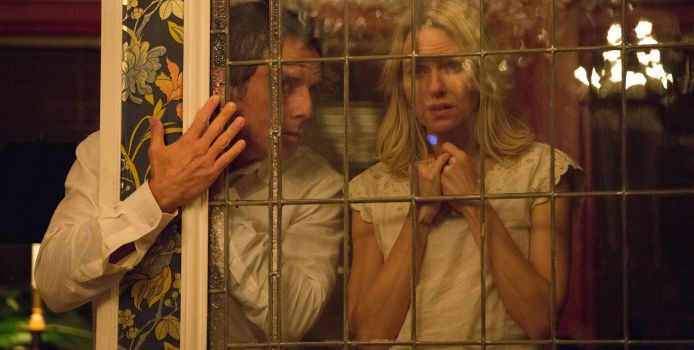
No matter how good their circumstances are, many young people wish they were born in a different time, in a different place, belonging to a different generation they believe they fit in with more. This is almost definitely due to the influence of pop-culture; the 80’s weren’t exactly the best time to live in, yet show a John Hughes movie to any impressionable teenager and they will almost definitely long to have lived in that time period. While We’re Young, the best film to date from director Noah Baumbach, takes a unique look at this theme in the space of one of the best movie montages in recent memory – whereas the young, hipster types long to live in an area of vinyls, VHS tapes and typewriters, the ageing are trying to stay relevant to today, filling their lives with useless technology in order to stay relevant in an ever changing society.

I sat down to watch independent, experimental film How the Sky Will Melt by Matthew Wade the other night with my fiance. Other than bragging about my fiance, I’m including him in the article because he is so very not like me. His favourite movies are comedies, he laughs at fart jokes, and I’m not sure he’s ever seen a David Lynch movie.

The problem with award shows of any kind is that you’ll always find yourself comparing the nominees to each other, regardless of how different they may be. However, this is infinitely more true of awards with tied winners. The two victors may be different in every conceivable way, but the fact that we have been told they are not just equally good, but equally the best, leads our minds directly to compare the two.

Rejoice, all, for love and magic have been made real again and no longer confined to shallow movies that preach the wrong topics filled with two dimensional protagonists that do nothing but fulfill ageless and traditional characterizations. Cinderella manages to be the most refreshing new Disney movie out, by paradoxically undergoing the least transformation. Directed by Kenneth Branagh with the utilization of his perfectly suitable Shakespearean mastery, and supported by a cast of actors and actresses that look like they came straight out of the storybook, Cinderella is a delightful reiteration of the classic story that we’ve all grown to know.

We all know that mainstream Hollywood loves making movies about show business. Heck, there was an article on this very website recently that outlined the Academy’s obsession with rewarding movies that either celebrate or send-up the showbiz lifestyle. Clouds of Sils Maria is a very different take on that same subject.

The Tale of the Princess Kaguya tells the folklore of a Japanese princess born from a bamboo stalk in the heavens and raised as the child of an elderly agrarian couple. She lives and grows up rapidly right before our eyes, just like the bamboo from which she was bred. She was meant to live a more “normal” life, though, and is soon thrust into a lifestyle that contradicts her humble upbringings.
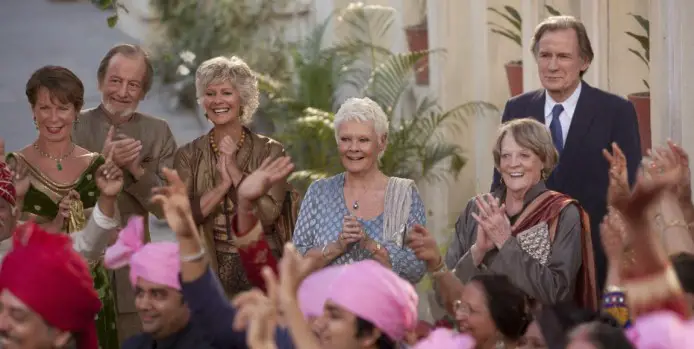
I have to admit, I was a little excited to see that a sequel had been made to The Best Exotic Marigold Hotel. I had liked it and was curious as to what had happened to the characters. But what is more, I went to see the first film with my grandmother and I knew how much she and her friends liked it.

Film Noir is not an easy genre to tackle nowadays, simply because trends in culture have changed. The hard-boiled detective of the black and white screen, the one with the alienated, tough exterior and a penchant for femme fatales – think Dana Andrews in Laura or Bogie in The Big Sleep – would cause no more than a snicker, so removed are they from the world we witness every passing day. Our post-modernist mindset asks for the type of heroes we find authentic, those we can relate to, this is why the grand days of Film Noir have passed – which is not to say some of its elements cannot be used for fine, fine cinema.



